The price of convenience: The lurking threats of public charging ports and juice jacking
Planning the most-awaited vacation break soon but are having cyberattack nightmares? Or want to explore new destinations, yet the personal data breach headlines keep spreading like wildfire in your mind at all times? We all love to travel with our best buddies – mobile phones – and a couple of other smart devices that let us enjoy every moment.
Unfortunately, these need to be recharged at the end of the day and that’s when we love taking advantage of free public charging ports, right? After all, no matter how extravagant a mobile phone we own on this planet – one thing is for sure – we need those cables to recharge it. Sad to say, but it happens too often that we are stuck somewhere with a dying smartphone battery and don’t think twice before plugging our phones into free public USB charging stations.
Read on as we uncover how these handy powering ports at hotel lobbies, airports, cafés and libraries become the number one silent cyberattackers. Along with how you can avoid falling prey to it.
Dilemma behind juice jacking
Phishing and malware attacks have never been easier than before – all it takes is a charging station with power connectivity and a cable. Many times, we juice up our devices at free USB charging stations, making us a victim of “juice jacking”. Nowadays, it’s become the most common cyber theft tactic to steal personal data and passwords through malicious malware. Hackers and other bad actors can easily exploit confidential information or track your keystrokes- raising concerns for online privacy and digital security, especially for content creators, tech junkies and business travelers.
That’s not all, even the FBI has published numerous warnings regarding juice jacking, recommending the public to stay safe.
Juice jacking made it into the wild
Juice jacking, a type of cyberattack, uses power data cables at USB charging ports to deliver unauthorized access to cyber criminals, allowing them to leverage illegitimate entry into your personal and private data.
Once your smart device is plugged-in and establishes a connection, hackers either secretly copy sensitive information or install malware. Juice jacking attacks could range from the simplest form of picture extraction to an invasive injection of malicious codes to extort financial value.
Generally, there are two types of digital security risks associated with Juice jacking:
Data breaches
Whenever we plug our smart devices into charging ports, it’s really hard to be sure that those cables haven’t been compromised. Apart from this, it has the potential to silently insert malignant software that infects your smart devices. As a result, hackers and cybercriminals gain access to the private and sensitive data saved in your mobile phones, enabling them to steal it.
They could also capitalize on it by using a crawler program, allowing them to search for financial and personally identifiable information. Can you even think of a time when a perpetrator has access to all your financial accounts?
Installing spyware
Another way through which hackers access phone data is through cloning malware, allowing them to gather sensitive information such as social security numbers, pictures, GPS location, social media credentials and so much more.
The common types of phishing and malware attacks used by cybercriminals in disrupting digital security include heavy usage of cryptominers, Trojans, ransomware and spyware. All of them have the power to freeze your mobile while extracting confidential information or demanding financial payment before restoring your phone.
Countermeasures to avoid juice jacking
Wondering if there is a way to protect oneself and not fall prey to it? Well, good news, there are simple tips that could safeguard you in the long run.
Plan ahead: The most obvious way to protect oneself is to avoid public charging ports at all costs. Make it a habit to charge your mobile phones, laptops, power banks and other devices in your car, at work or at home. Ultimately, it will reduce instances of a battery dying while traveling.
Carry a charger or power bank: Always bring your own “juice” by packing an extra battery in the form of an external charging device in your bag to keep off those malicious public power charging stations.
Opt for wall sockets: The best part is that there are no data transfers between your device and a regular wall AC outlet. So, at desperate times, always carry the correct adapter before leaving for your trip.
Conclusion
Juice jacking might not appear to be a major form of phishing and malware attacks, but it’s always a good idea to understand risks and alternatives before giving your battery a boost at free public charging stations.
admin

May 4, 2023

2 years
suggested blogs
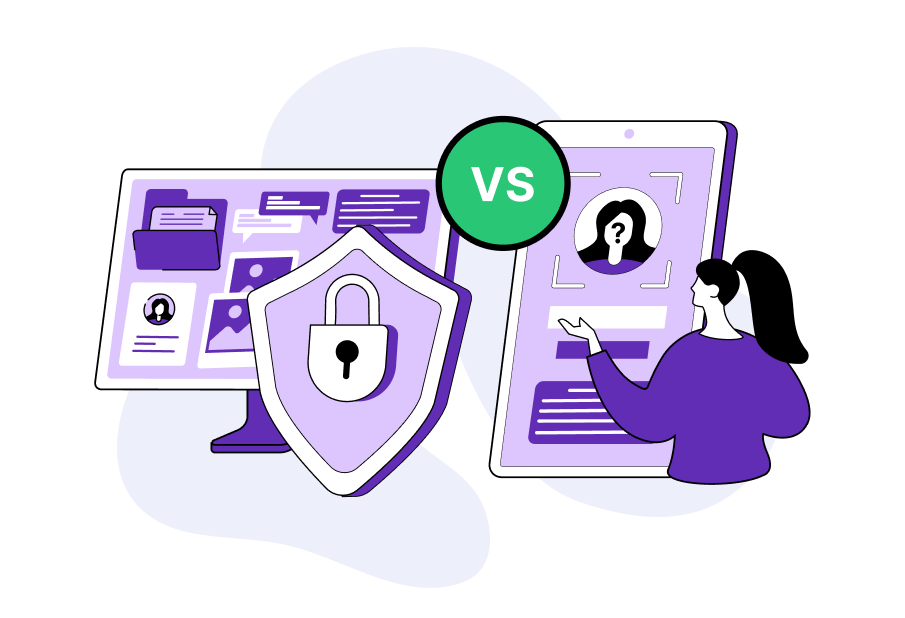
Just because you are doing something anonymously on the internet doesn’t mean your information is private and vice versa. While the terms ‘privacy’ and ‘anonymity’…
Read more
Social media tracking has become an integral part of our daily lives, with social media platforms collecting data about our online behaviors, preferences, and interactions.…
Read more
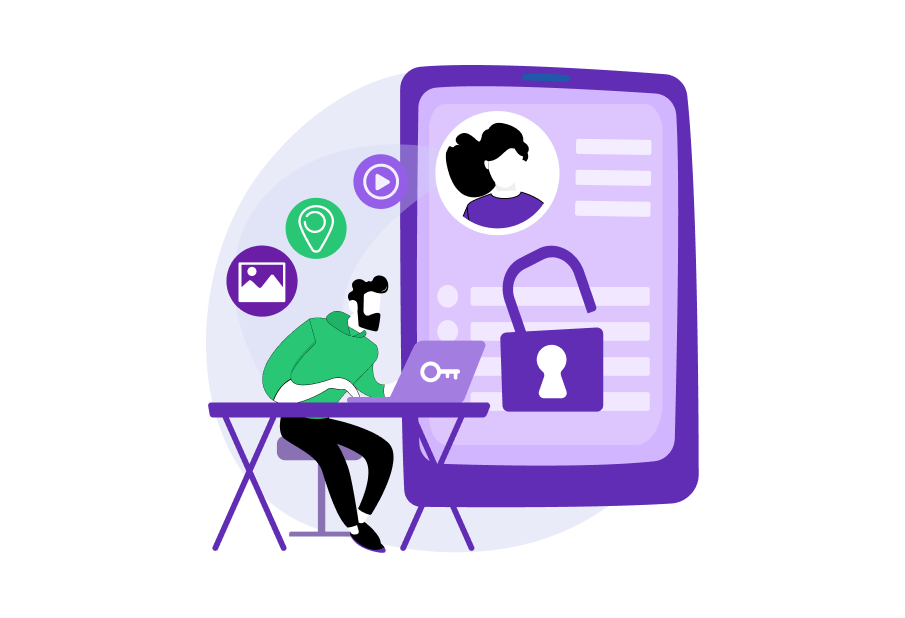
Social media has become an essential part of our lives, with billions of people using various platforms to connect, share, and engage in different online…
Read more

Tax season can be a stressful time for many people, especially those who are filing their taxes for the first time. However, even seasoned filers…
Read more
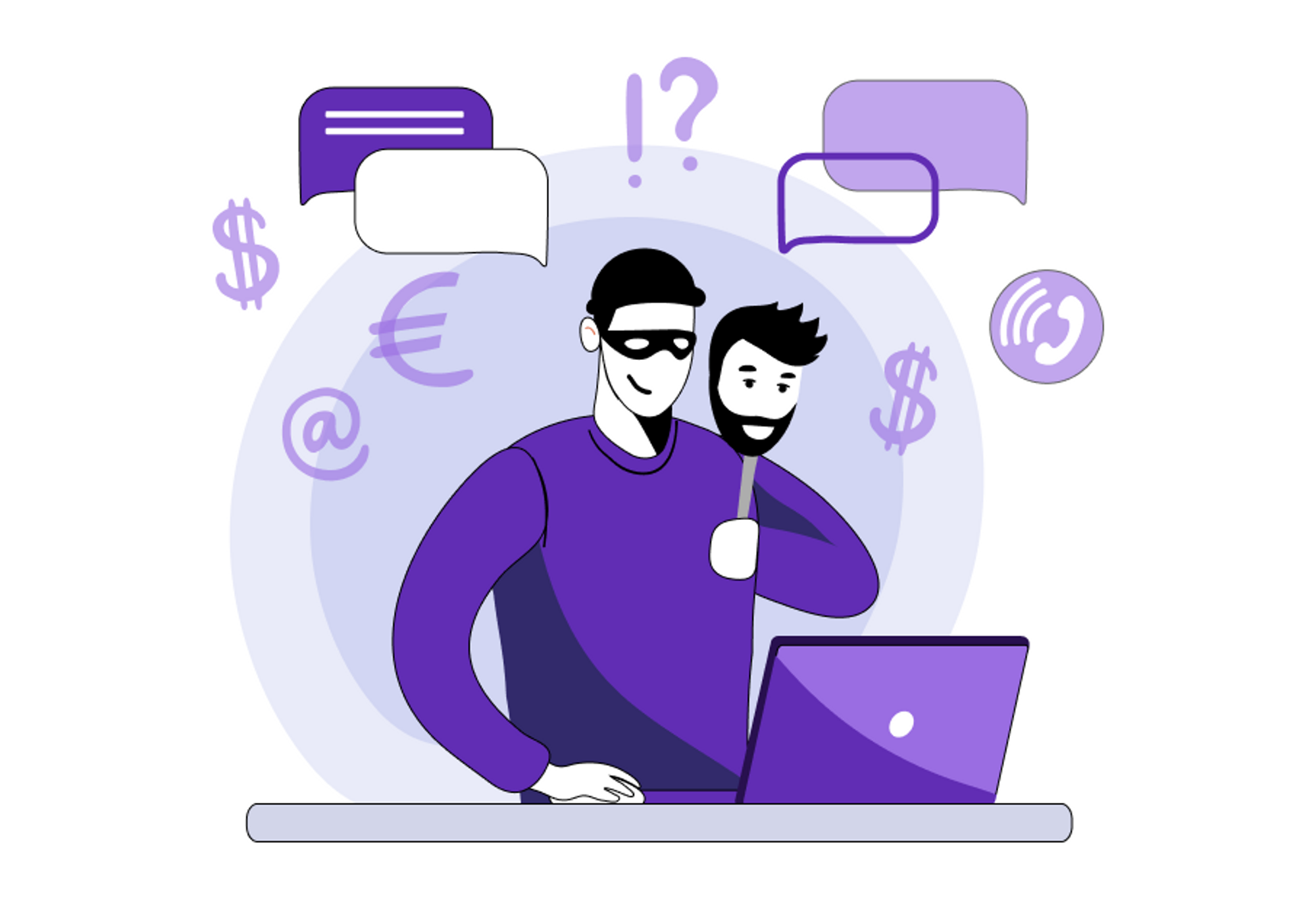
April Fools’ Day is known for its playful pranks and harmless hoaxes. Unfortunately, cybercriminals also take advantage of this day to launch their own scams,…
Read more
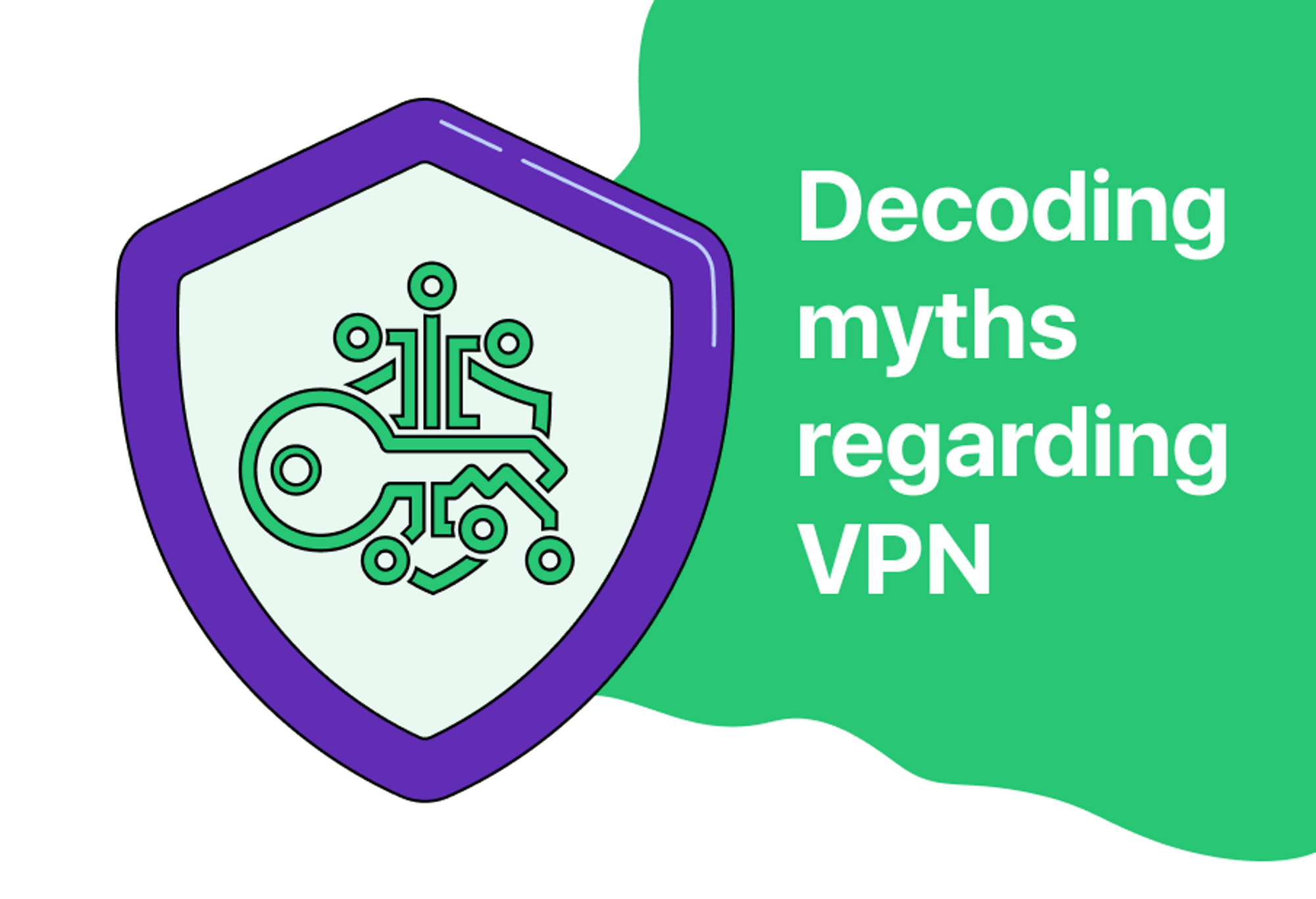
Happy April Fool’s Day, internet friends! As a VPN company, we thought we’d celebrate the occasion by sharing some of the most ridiculous, unbelievable, and…
Read more
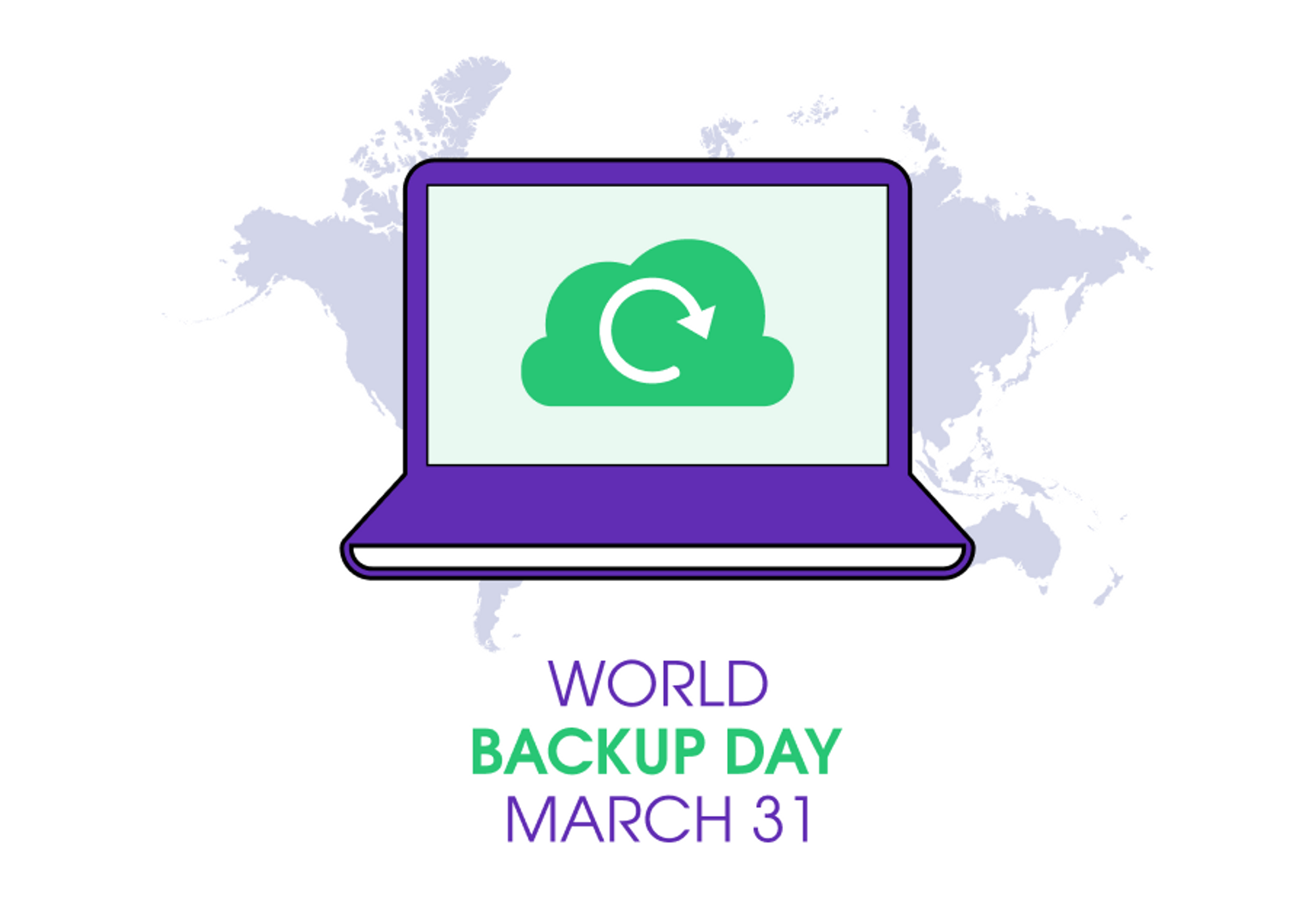
In today’s digital age, data has become a critical component of our lives. From personal photos and videos to important business documents, our digital information…
Read more

Description: Facts, stats, and data on the rising incidents of sexual harassment and violence women face on the internet every day Throughout history, the world has…
Read more
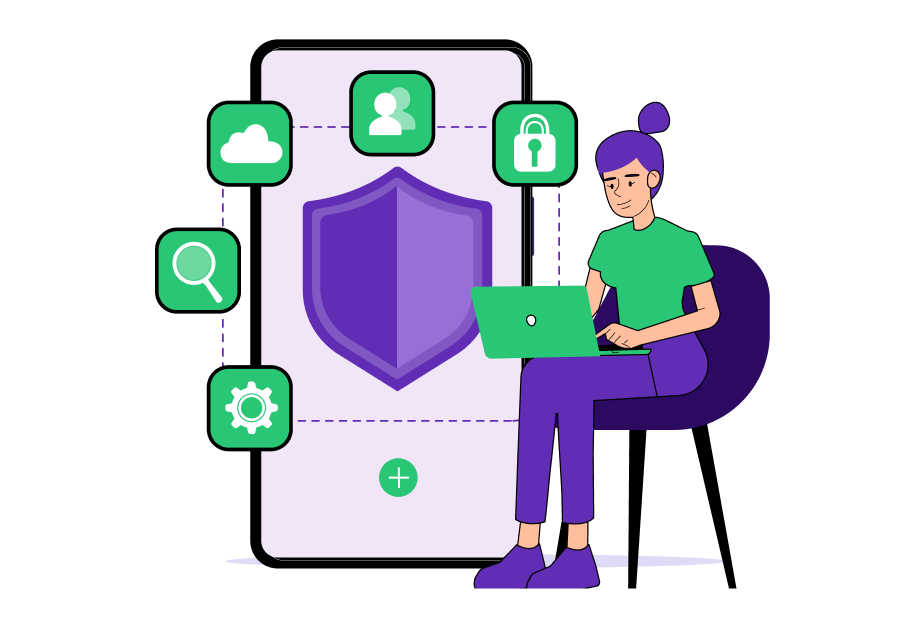
Description: This #InternationalWomensDay, we’re discussing ways women can protect themselves from online harassment Cybercrime is a serious issue that impacts everyone, but it can be…
Read more

This Valentine’s Day, share your sensitive dealings, not your feelings Valentine’s Day is supposed to be a day of love and letting yourself be vulnerable,…
Read more